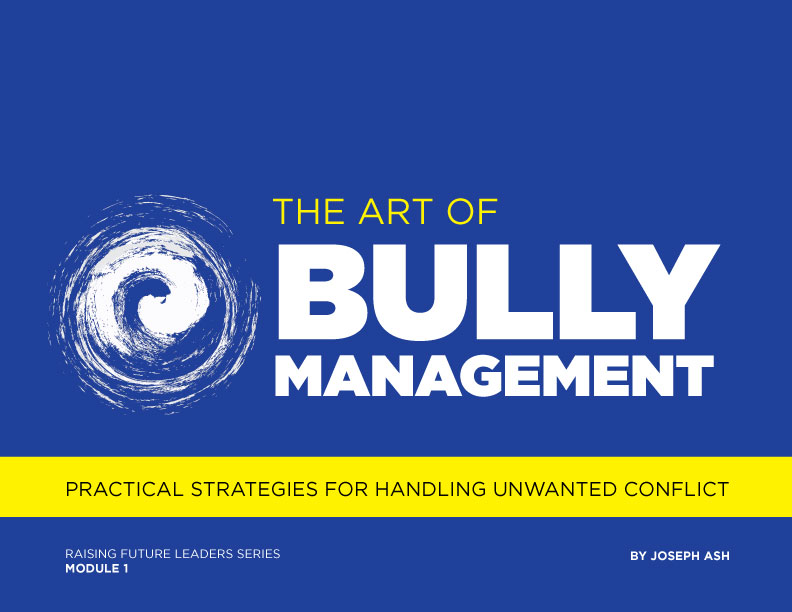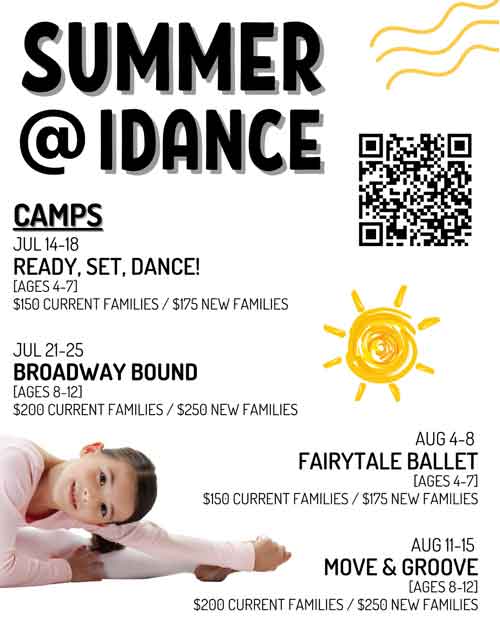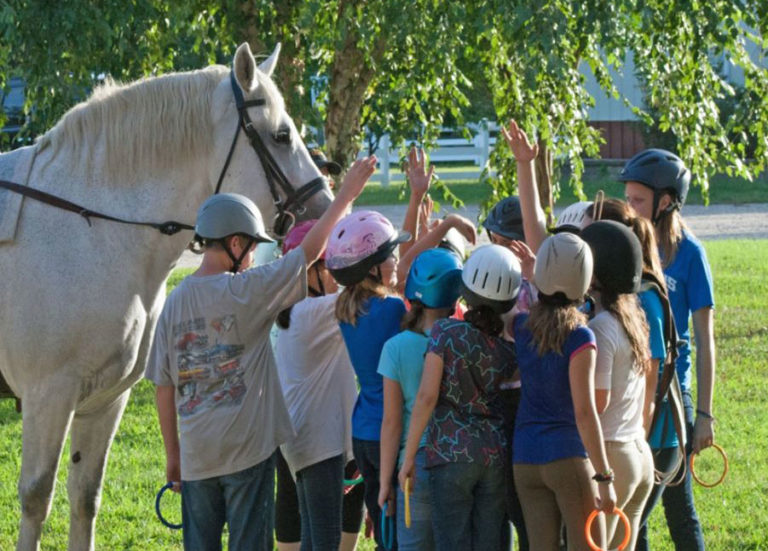Sometimes, it feels like life is bullying us…here’s how to defend yourself – by Joseph Ash
 Sometimes, it feels like life is bullying us…here’s how to defend yourself
Sometimes, it feels like life is bullying us…here’s how to defend yourself
by Joseph Ash
Throughout my career, I’ve been fortunate to work with thousands of people as a martial arts teacher. Sometimes it’s a kid who comes to me, and sometimes it’s their family, that asks me for advice about bullying. Because I have a different perspective, it might be easier for me to see the patterns. Although each situation is unique, there are a few basic strategies parents and individuals can use when dealing with bullying.
- Crying Wolf: Clarity in the Identification of True Bullying
Because bullying is serious, people are more aware of it than ever. But that means they may be too quick to label it “bullying” when it might be something just slightly out of the norm. Knowing the difference between bullying, hazing and teasing begins with education. Parents and teachers need to talk about what is “just being a kid” and what is harmful. Just because someone says something you don’t like, doesn’t mean they are bullying you – what’s the difference? Some people enjoy teasing and joking around, and others don’t –what’s the right way to respond if you don’t like it? Sharing some personal examples may help.
Remember that kids know that bullying gets attention, and they may need some reassurance about another issue they are having – fitting in, making friends, knowing how to handle stress, feeling awkward, or feeling self-conscious. Spend time listening to them, as well as sharing your own examples of how you overcame challenges.
- Take time to listen
- Give examples
- Help them problem solve
2) “Acting Out” Leaves Parents Frustrated
Acting out is an indication that there is a deeper issue to be addressed. Parents often forget that kids don’t have as many life experiences as adults. That means that when they are faced with unwanted or stressful challenges such as bullying they may “shut down.” They may resort to isolating themselves or develop harmful coping mechanisms like talking back or physical violence. You can’t help if you don’t know what’s going on, so it’s imperative to be involved in your children’s lives, even if they resist. Know what are they doing, who they are with, and when they are coming back – what are they “into” these days and what are their friends “into.”
Secondly, keep the lines of communications open and be non-judgmental. They may resist talking to you out of embarrassment or fear. Use your best effort to let them know you’re there for them when they are ready, then give them some space. Sometimes kids need space and time to process their thoughts and feelings so they can feel comfortable expressing them.
- Notice that there’s an issue and ask about it.
- Offer to talk about it later.
- Be available when they seem ready.
- Children Being Penalized After Defending Themselves
Many schools enforce a “blanket policy” which requires everyone in an altercation get penalized, regardless of who is at fault. Further inappropriate behavior may arise out of frustration and resentment. It is important for the leaders of our schools to take the time to investigate the entire situation and then respond accordingly and in the best interest of both parties.
If an altercation occurs and they find your child is at fault, help him or her to navigate through this experience. You do not need to do all the navigating, or sweep it under the rug. Learning how to recover from mistakes, and challenges. Learning how to “come back” is an invaluable life skill. If the child is in the right, explain why and then take them out for ice cream on a day off.
- Listen carefully
- Help them take responsibility
- Promote resiliency and second chances
While true bullying is a serious issue, many of the obstacles that families face are much more common – lack of time together, a fast-paced daily schedule, generation gaps and not enough time connecting. I want to challenge everyone to shift perspective and see challenge as an opportunity to make a difference. One of the most common responses I hear to my advice is: “I know, I know…but how do we find time for these conversations? We hardly have time for anything right now!”
- A) Make use of the “teachable moment.” Use dinnertime, car rides or bedtime to discuss certain life topics. Be careful to be fully present during these discussions and do your best to avoid distractions.
At our martial arts school we schedule regular “mat chats” at the end of class to openly discuss character concepts. See if you can set aside a time, such as cleaning up after dinner to get some one-on-one time with your kid a few times a week.
- B) Moving our bodies decreases stress. With lots of mental stimulation, what kids (and adults!) need is to focus on one thing, and build physical strength and balance. Kids need to be engaged in the world, not isolated. They need to run, jump, play, fall down and learn to get back up on their own. Quality active programs like gymnastics, martial arts and other sports support their natural abilities and help to keep them safe and healthy. The right program can serve as an additional support system to families, because of the leadership of instructors, the camaraderie of other students and the family involvement at the school or program.
- C) Decrease tech-time. Too much or inappropriate use of social media will damage kids’ ability to communicate in person and receive “body language” information. Go on a “media diet. Get back to quality interactions with one another, especially with your family members. Take a digital sabbatical one day each weekend. Spend time in Nature. Take a breath and practice being, not always doing.
**The Washington Post published an article last November that stated that the average teen spends 9 hours per day on social media. That’s the same amount of time that is spent working at a full time job!
Remember parents: we aren’t perfect and neither are our kids. But together we can continue to try to listen, help each other and work towards building great people who keep trying to get it right. You aren’t alone in the struggle and there are resources to help.
——–

Want to read more about how to handle unwanted conflict? Learn more about “The Art of Bully Management“, the new book by Joseph Ash on Amazon or enroll in The Art of Bully Management Webinar (includes the book, “The Art of Bully Management”).
 About the author:
About the author:
Joseph B. Ash has been involved with martial arts education for over 34 years. His passion for personal excellence and leadership has guided him to becoming a master instructor, business owner and author. He currently owns and operates BAEPLEX in Williamsburg, Virginia.
 Learn more about Baeplex and their upcoming class registration. They are running a WilliamsburgFamilies.com Starter Course Special – $ 20 fee includes One Week Starter Course for prospect interested in Martial Arts, Core-Yoga and/or Fitness Kickboxing. Comes complete with 1 week of classes and a free martial arts uniform.
Learn more about Baeplex and their upcoming class registration. They are running a WilliamsburgFamilies.com Starter Course Special – $ 20 fee includes One Week Starter Course for prospect interested in Martial Arts, Core-Yoga and/or Fitness Kickboxing. Comes complete with 1 week of classes and a free martial arts uniform.
“I want to challenge everyone to shift perspective and see challenge as an opportunity to make a difference. I truly believe we were born for this time and through our collective consciousness and collaboration, we are sure to make this world a better place for future generations.” ~ Joseph Ash





































